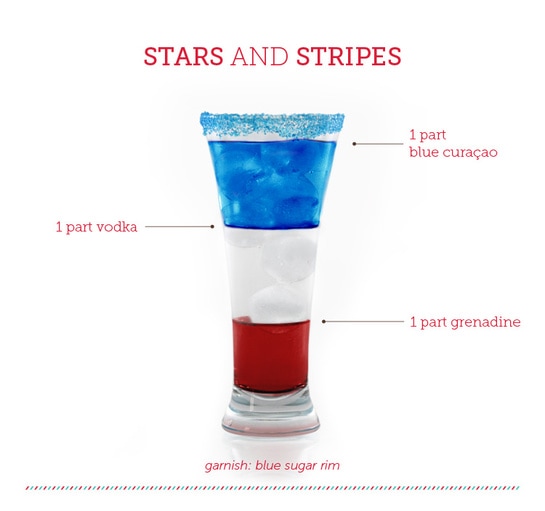It was in early 2002 that I had my first real experience of that freedom.
I still smoked as much as humanly possible – three packs a day, more often than not. I still drank a lot, too; it was not unheard of for me to put away a six-pack of beer or a bottle of wine in a single evening. But I didn’t see this as a problem: Early on I had overheard a pastor telling another new Christian who smoked, “We expect you to be in prayer about it.” No problem – I could handle that. And in fact, I often mentioned to the Lord that anytime He wanted me to quit these little habits of mine, He should just say the word.
I guess I never expected Him to take me up on it.
Not that I actually heard Him say anything about it to me. But in mid-February of that year, in the midst of a prayer, I suddenly knew with dead certainty that it was time to lose both cigarettes and liquor.
Even more amazing, I complied. Cold turkey. After 30-plus years of chain smoking and beer-guzzling, I became a teetotaling nonsmoker overnight.
What’s nearly as remarkable, to me at least, is that my taste for alcohol vanished instantly. I still enjoy non-alcoholic beer (apparently verboten among secular alcohol-abuse programs, for some strange reason), and upon occasion someone has given me the real thing by mistake. Deep in conversation, I have taken a sip, and have had to literally spit it out – the taste is foul to me now.
This is real freedom, in my book – the God-powered freedom to turn one’s back on even deep-seated behaviors in order to glorify Him instead of oneself. In my case, that meant being sober, as the apostles Paul and Peter repeatedly advised, and taking seriously Paul’s admonition that the Christian’s body is the temple of the Holy Spirit.
There are those who would deny that giving up a pleasure could be called “freedom.” But the “do what thou willst” freedom they prefer leads to enslavement. Just ask someone who’s addicted to alcohol or drugs or gambling or exercise or gluttony or sex or self-importance or any of a thousand other out-of-control pleasures; if they’re being honest, they will not describe their ability to pursue their poisons of choice as freedom.
“Freedom is slavery,” George Orwell said in his book 1984. Perhaps he was merely commenting on the propaganda he imagined would drive the totalitarian societies of the future. But it seems to me there’s a lot of truth to this slogan for a “free” society, even if Orwell didn’t realize it.
(From Heaven Without Her, pp 191-192)

 RSS Feed
RSS Feed